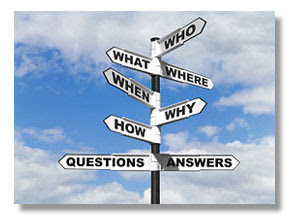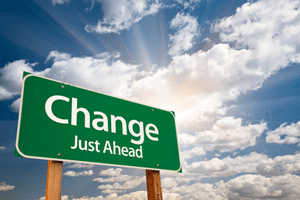
Adjustment Disorder | Stress From Life Changes
50% of marriages in America are ending in divorce, 9.4% of the population in Florida are unemployed, people are diagnosed with chronic illnesses every day, and the internet makes changes every second that contribute to the ongoing flow of new information we need to be aware of in order to thrive in this global world we are living in. Every person will experience some type of change on a daily, weekly, or monthly basis throughout a lifespan. Change of any kind can add a tremendous amount of stress to our lives. Adjusting to these changes is the key to maintaining strong emotional and mental well-being. When your normal life is disrupted with change, you may start to feel sad, confused, lonely, desperate, and angry. You may act out with behaviors that are unusual for you such as fighting, or dangerous driving. You may also experience symptoms of both anxiety and depression.
An Adjustment Disorder is a clinical diagnosis resulting from the development of emotional or behavioral symptoms in response to an identifiable stressor(s) occurring within 3 months of the onset of  the stressor(s).
the stressor(s).
Below are some of the normal and expected symptoms you may be experiencing from adjusting to some kind of change taking place in your life.
Shock / Denial / Anger / Sadness
Excessive Crying / Confusion / Depression
Anxiety / Fatigue / Irritability / Loneliness
Panic Attacks / Changes in Sleep Pattern or Weight
3 Tips for Adjusting to Change:
Realize Change is Normal: Allow yourself to feel what comes naturally, express how you are feeling with someone you trust, and realize you may be experiencing the grieving process due to the loss of your old familiar “normal” – this is a completely natural process. In time, you will adjust to your new “normal” and your feelings of anxiety and depression will decrease.
Expect the Future to be Different: Understanding that change brings about a different future will help you avoid being depressed and anxious while you are adjusting to the change. For example, you may have to seek new employment or move away from family, but you may find a more rewarding and better paying job, you may develop stronger bonds with family through communicating long distance because you will put more effort into the relationships – meaning that you will still have a career and family relationships, but they will be different in some way. Remember change is not necessarily always bad or good, but is always different. How we adjust and perceive the change is the key to being healthy mentally and emotionally.
Know When to Seek Help: If your symptoms continue for several months or you begin to realize that these symptoms are interfering with your normal everyday activities and relationships or ability to function, you may need to talk with a professional counselor to help you through this time of adjustment to develop healthy coping skills and a sense of independence to go forward.
Treatment for Adjustment Disorders is usually short term and solution focused. Counseling is an excellent way to assist you and your loved ones to adjust to any changes in a healthy and productive way.
There is Hope for Healing that produces Harmony through Counseling!
